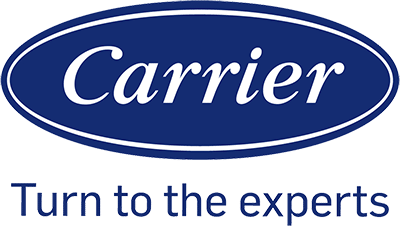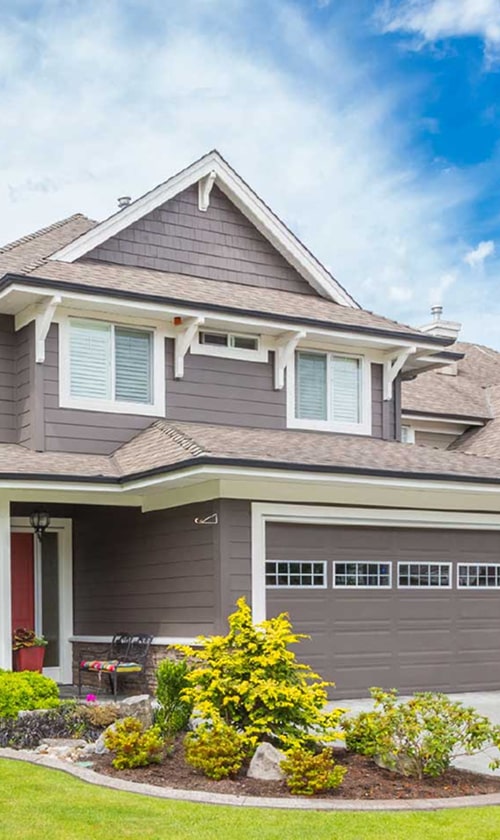Understanding Air Filter Basics

When selecting an air conditioning filter, it’s crucial we understand the different types of filters and the materials they’re made of to ensure they meet our specific needs.
Types and Purposes of Air Filters
Air filters serve the main purpose of purifying the air that circulates through our HVAC system by trapping dust, pollen, and other particles. Different types of air filters provide varying levels of filtration and suit specific scenarios.
- Fiberglass filters: These are typically the most affordable option and consist of layered fiberglass fibers. They capture large particles, making them suitable for basic protection.
- Pleated filters: Featuring more surface area due to their pleated design, these filters trap smaller particles, providing better air quality.
- Electrostatic air filters: Utilizing static electricity, these attract and trap particles. They are available as disposable or reusable options.
- HEPA filters: High-Efficiency Particulate Air (HEPA) filters offer the highest level of filtration, capable of removing particles as small as 0.3 microns.
- Carbon filters: While not primarily designed to improve air quality, these are used to remove odors due to their activated carbon material.
Air Filter Materials and Designs
The materials and designs of air filters directly impact their performance in our HVAC systems.
- Fiberglass Filters: Simple, flat-panel surfaces that are disposable.
- Pleated Filters: Made from polyester or cotton, these can be more effective due to a larger surface area.
- Electrostatic Filters: Utilize self-charging fibers that attract and capture airborne particles.
- HEPA Filters: Consist of a dense mesh of fibers that capture microscopic particles.
Understanding the specifics of air filter materials and designs helps us make an informed choice that aligns with the needs of our spaces and the capabilities of our HVAC system.
Evaluating Air Filter Performance
When selecting an air conditioning filter, it’s critical for us to understand and analyze how well a filter performs. This includes examining the ability to remove pollutants and improve indoor air quality.
MERV Ratings and Filtration Efficiency
MERV (Minimum Efficiency Reporting Value) ratings are a scale from 1 to 20 that measure a filter’s ability to capture particles ranging from 0.3 to 10 microns. The higher the MERV rating, the better the filtration capabilities. High-efficiency filters, for instance, typically have a MERV rating of 13 or more, and are capable of capturing fine particulates such as tobacco smoke and bacteria.
Here’s a quick reference on what different MERV ratings signify:
- MERV 1-4: Capture large particles like dust mites and sanding dust.
- MERV 5-8: Remove mold spores, hair spray, and dust mite debris.
- MERV 9-12: Filter legionella, welding fumes, and auto emissions.
- MERV 13-16: Effective at filtering bacteria, smoke, and sneeze droplets.
- MERV 17-20: Equivalent to HEPA levels, capturing viruses and carbon dust.
Choosing the correct MERV rating allows us to balance the needs for filter efficiency and potential energy costs associated with higher-rated filters.
Importance of Filter Efficiency for Indoor Air Quality
We recognize that filter efficiency is pivotal for maintaining healthy indoor air quality. The ability of a filter to trap pollutants such as dust, pollen, mold spores, and other allergens directly affects the air we breathe inside our homes and offices.
Utilizing high-efficiency particulate air (HEPA) filters or those with higher MERV ratings can significantly reduce the presence of these irritants. This is particularly important in settings where individuals may suffer from allergies or respiratory conditions. By investing in a filter with better efficiency, we actively contribute to creating a healthier living and working environment by minimizing the concentration of indoor pollutants.
Health and Environmental Considerations

When selecting an air conditioning filter, we consider the implications on respiratory health and the environment. High-quality filters can capture a variety of harmful particles, contributing to our well-being and the air we breathe.
Allergens and Respiratory Health
Asthma and allergy sufferers are particularly sensitive to airborne allergens. Opting for a filter with a high MERV rating ensures that common allergens such as pollen, pet dander, and mold spores are effectively removed from the air. For those of us who live with these conditions, it’s critical to choose a filter that can trap these particles, as it can have a significant impact on minimizing asthma and allergy symptoms.
- Allergy Protection: HEPA filters are highly efficient at capturing particles down to 0.3 microns, including common allergens.
- Asthma and Respiratory Conditions: Filters rated MERV 8 or higher can help in reducing the prevalence of symptoms by maintaining cleaner indoor air.
Mitigating Pollution and Contaminants
Air filters play a crucial role in protecting us from external and internal sources of pollution. They are our first line of defense against airborne particles that originate from outside traffic and industrial activities, as well as indoor contaminants like bacteria and volatile organic compounds (VOCs).
- Mitigating Outdoor Pollution: A high-efficiency filter can prevent pollutants from entering our indoor environment.
- Reducing Indoor Pollutants: Regular replacement of filters is essential to maintain effectiveness against common indoor contaminants like bacteria and potential growth of mold spores.
Practical Aspects of Filter Replacement

Choosing the correct air conditioning filter is crucial, but it’s equally important to understand the practical aspects of filter replacement. We’ll discuss how to maintain optimal performance through regular maintenance and understand the implications on airflow and energy consumption.
Maintenance Requirements and Replacement Schedule
Filter Replacement: We recommend checking the air filter monthly and replacing it at least every 90 days to maintain air quality and system efficiency. For homes with pets or high allergy concerns, more frequent replacement may be necessary.
- Maintenance Tips:
- Perform regular maintenance checks beyond just filter replacement.
- Keep a record of filter sizes and replacement dates for accuracy.
- Service the entire HVAC system annually to ensure all components are in working order.
Impact on Airflow and Energy Consumption
Airflow: A clogged filter can restrict the airflow, causing the HVAC system to work harder to circulate air. Replacing filters regularly helps maintain proper airflow, ensuring your system runs smoothly.
- Energy Consumption: Clean filters can reduce energy consumption by up to 15%, lowering energy bills and extending the lifespan of an HVAC system.
- Cleaning: While some filters are reusable and can be cleaned, they should be replaced if damaged or if they no longer effectively clean the air.
By adhering to these practical aspects, we ensure that our air conditioning systems operate efficiently and our homes remain comfortable.




